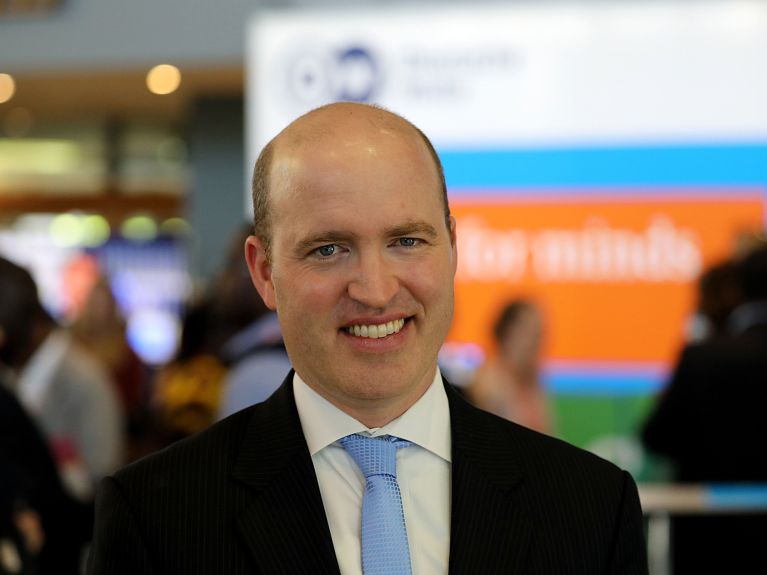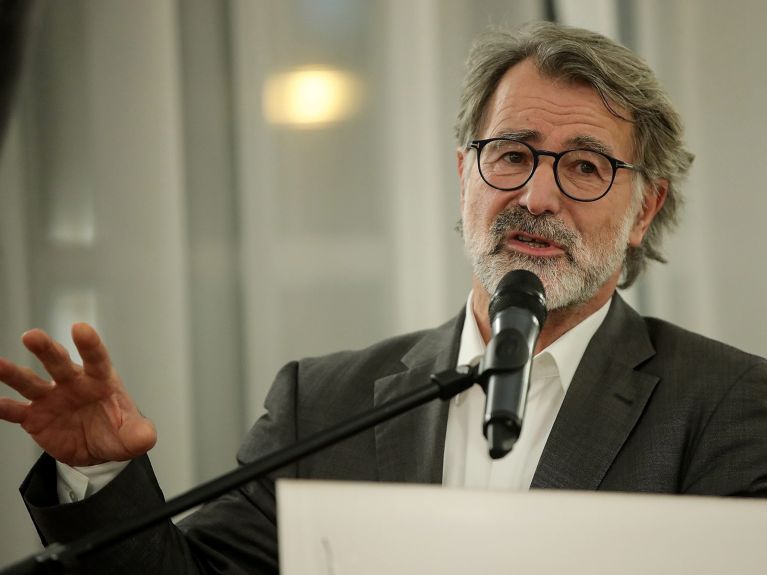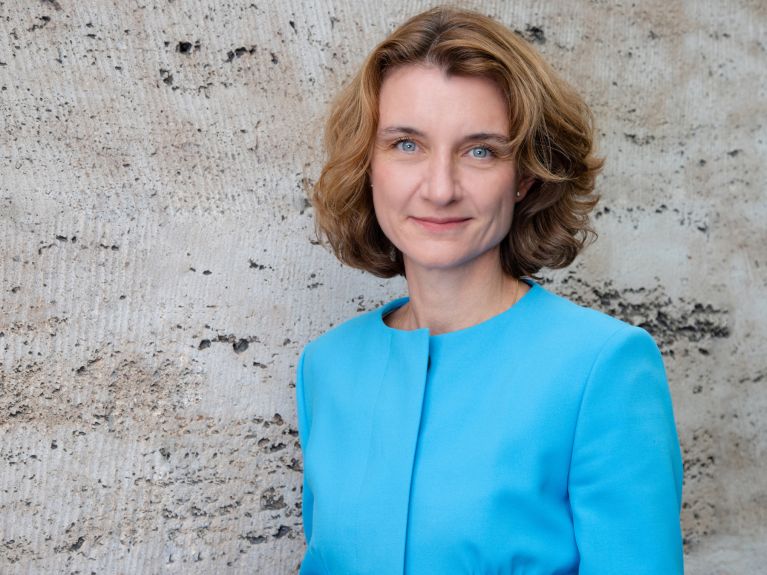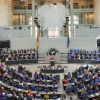Living democracy
What does the future of democracy look like? How can it be secured? A book by Federal President Steinmeier offers answers.

“Liberal democracy is our future if we affirm its strength and its real opportunities,” writes Federal President Frank-Walter Steinmeier in the book Zur Zukunft der Demokratie (On the Future of Democracy), which he published in 2022. Nevertheless, according to his diagnosis, liberal democracies are under pressure worldwide.
What does the future of democracy look like? How can it be secured and shaped? The book brings together 36 top authors and their answers. We present three.

Journalist Jeff Mason considers the struggle for press freedom and against fake news important for the future of democracy. Mason reports from the White House in Washington for the Reuters news agency.
There is no better protection against fake news than producing unshakably true reports and labelling them as such. We [journalists] have the duty to be persistent, correct and fair. When we make mistakes – and we make them – we are obliged to correct them.

How can democracies respond to human-induced climate change? Professor Wolfgang Merkel of the Berlin Social Science Center (WZB) writes:
In truly democratic societies climate realpolitik prevails over climate dystopia. [A “major ecological transformation”] is only democratically and equitably permissible when the majority within society consents and disadvantaged persons […] do not again have to bear the main burden.

What is important for the future of the EU? Professor Daniela Schwarzer, Executive Director for Europe and Eurasia at Open Society Foundations, says:
In a world in which system conflict between liberal democracies and autocracies is increasingly gaining in significance […] the EU’s capacity for foreign policy action is […] especially important. That is why the struggle for the rule of law and democracy within the community is of such elemental importance.
You would like to receive regular information about Germany? Subscribe here:


